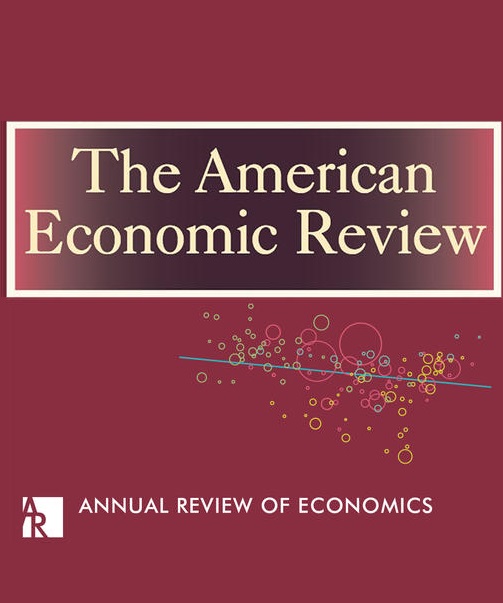医院网络竞争和逆向选择:来自马萨诸塞州健康保险交易所的证据
IF 11.6
1区 经济学
Q1 ECONOMICS
引用次数: 0
摘要
医疗保险公司在其医疗服务提供商网络上的竞争日益激烈。根据马萨诸塞州保险交易所的数据,我发现针对最负盛名和最昂贵的“明星”医院的计划存在大量的逆向选择。我强调了一个理论上不同的选择渠道:忠诚于星级医院的消费者会产生高额支出,这取决于他们的医疗状况,因为他们使用这些医院昂贵的医疗服务。这意味着消费者进入星级医院的增量成本存在异质性,对标准选择政策提出了挑战。除了对未观察到的疾病进行选择外,我发现这产生了排除星级医院的强烈动机,即使风险调整已经到位。(jel d82, g22, h75, i11, i13, i18)本文章由计算机程序翻译,如有差异,请以英文原文为准。
Hospital Network Competition and Adverse Selection: Evidence from the Massachusetts Health Insurance Exchange
Health insurers increasingly compete on their networks of medical providers. Using data from Massachusetts’s insurance exchange, I find substantial adverse selection against plans covering the most prestigious and expensive “star” hospitals. I highlight a theoretically distinct selection channel: consumers loyal to star hospitals incur high spending, conditional on their medical state, because they use these hospitals’ expensive care. This implies heterogeneity in consumers’ incremental costs of gaining access to star hospitals, posing a challenge for standard selection policies. Along with selection on unobserved sickness, I find this creates strong incentives to exclude star hospitals, even with risk adjustment in place. (JEL D82, G22, H75, I11, I13, I18)
求助全文
通过发布文献求助,成功后即可免费获取论文全文。
去求助
来源期刊

American Economic Review
ECONOMICS-
CiteScore
18.60
自引率
2.80%
发文量
122
期刊介绍:
The American Economic Review (AER) stands as a prestigious general-interest economics journal. Founded in 1911, it holds the distinction of being one of the nation's oldest and most esteemed scholarly journals in economics. With a commitment to academic excellence, the AER releases 12 issues annually, featuring articles that span a wide spectrum of economic topics.
 求助内容:
求助内容: 应助结果提醒方式:
应助结果提醒方式:


